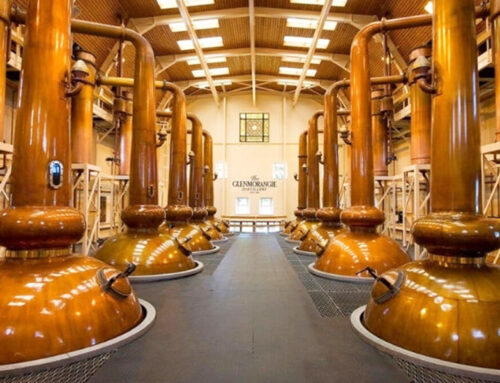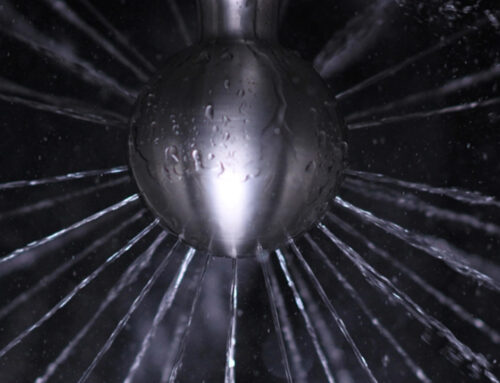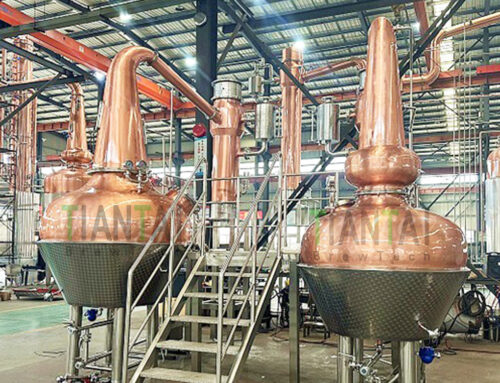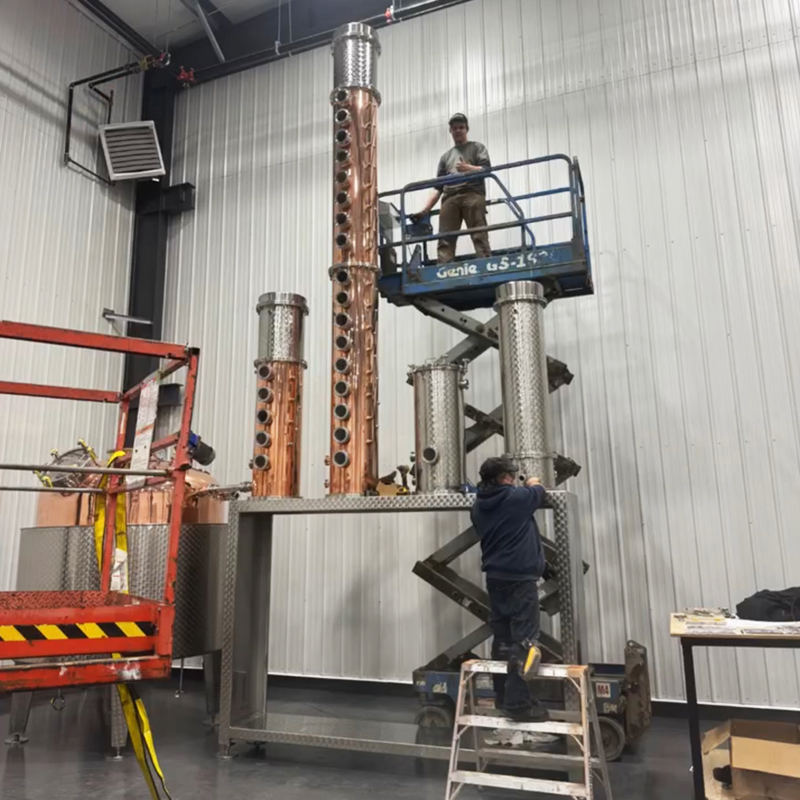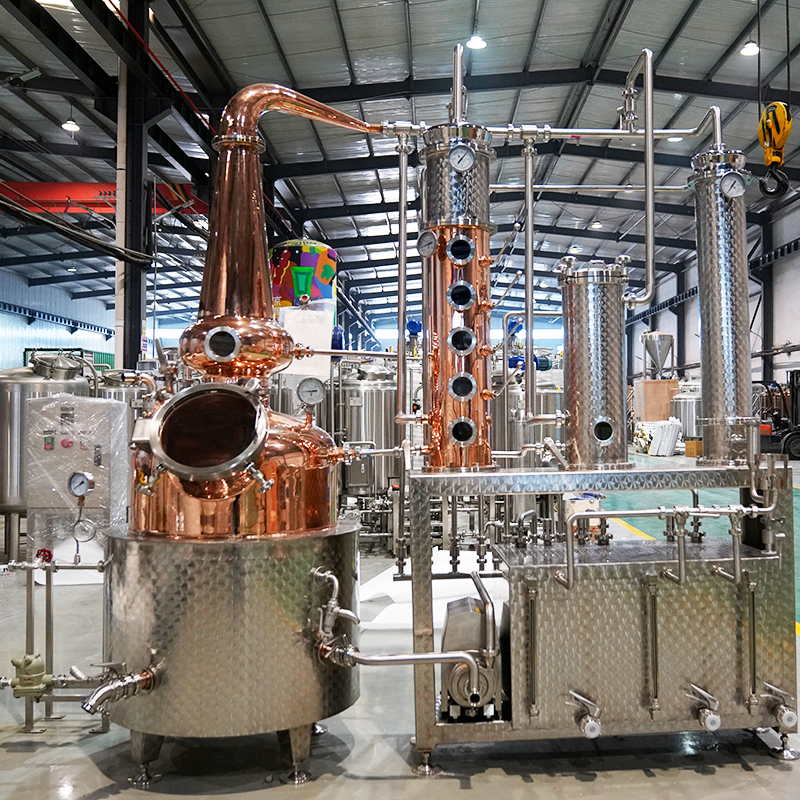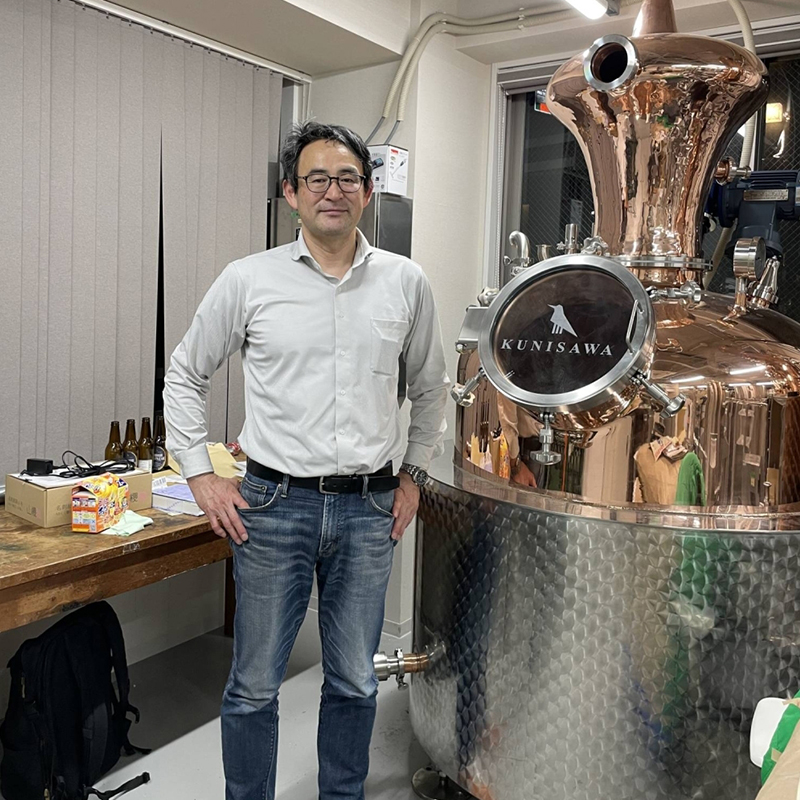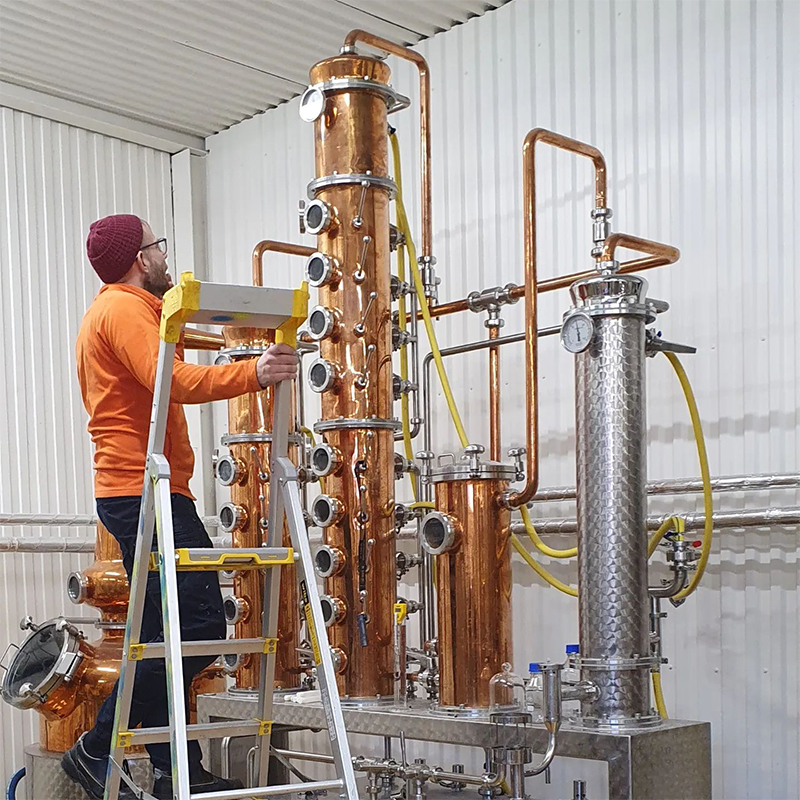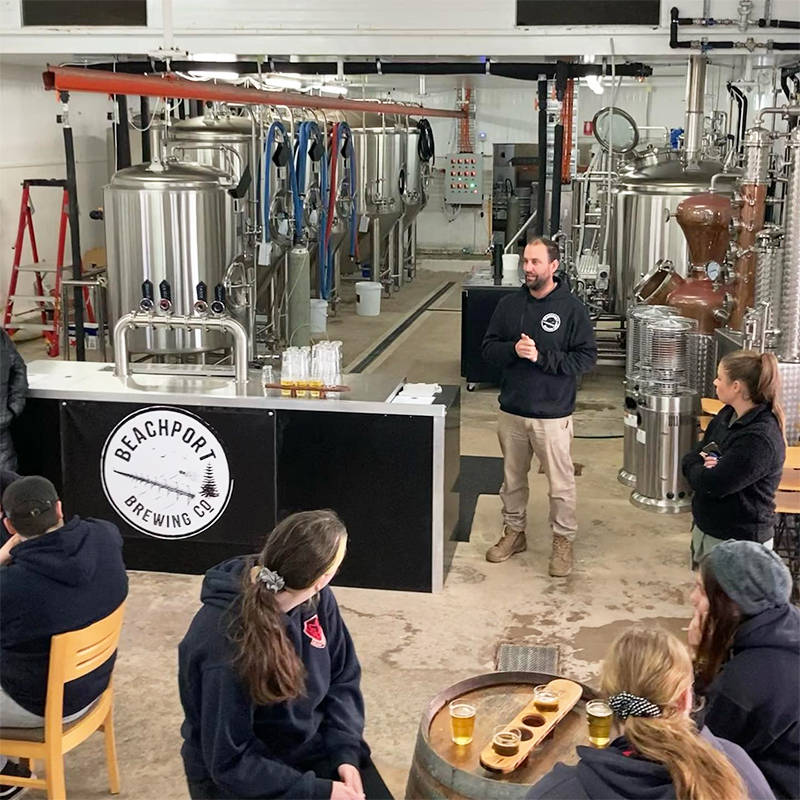
Are You Ready to Start Your Own Craft Distillery?
In recent years, the craft distilling industry has surged with innovation, passion, and opportunity. As consumers increasingly seek unique, small-batch spirits with compelling backstories, more entrepreneurs are asking themselves: “Am I ready to start my own craft distillery?”
If you’re contemplating this bold journey, it’s important to understand that craft distilling is both an art and a business. This guide will walk you through the essential factors to consider before launching your own distillery.
1. Understanding the Craft Distilling Landscape
The craft distillery market is booming. According to the American Craft Spirits Association (ACSA), the number of active craft distilleries in the U.S. alone has grown rapidly, with demand for locally produced gin, whiskey, rum, vodka, and other artisanal spirits continuing to rise.
Craft consumers aren’t just buying a product — they’re buying a story, a philosophy, and a unique taste experience. Successful distilleries often position themselves as community-focused, sustainably operated, and creative in both branding and production.
2. Are You Passionate About Spirits and Science?
Running a distillery requires more than a love for whiskey or gin. It involves:
Mastering fermentation and distillation techniques
Understanding ingredient sourcing and flavor profiling
Complying with strict safety and cleanliness standards
Passion must be matched with technical knowledge and a willingness to keep learning. Distilling is chemistry in action — precise, delicate, and sometimes unpredictable.
3. The Legal and Regulatory Framework
One of the most daunting aspects of starting a distillery is navigating the complex web of licenses, permits, and compliance regulations.
You’ll need to account for:
Federal licensing from agencies like the Alcohol and Tobacco Tax and Trade Bureau (TTB)
State and local permits, which vary significantly
Zoning restrictions for operating a distillery on specific premises
Label and marketing approvals
Starting the process early and possibly hiring a legal consultant experienced in alcohol regulations is a wise move.
4. Building a Business Plan: Equipment, Capital, and Scale
A solid business plan is non-negotiable. It should outline:
Initial capital investment – Craft distilleries often require $250,000 to over $1 million to start
Production equipment – Stills, fermenters, mash tuns, chillers, and bottling systems
Facility costs – Lease or purchase of property, utilities, safety upgrades
Branding and marketing budget – Label design, website, social media, tasting room experience
Many new distilleries start small with 300L–600L systems and scale as demand grows. Sourcing reliable, scalable equipment is critical — many craft distillers choose custom-built systems from reputable suppliers who specialize in small-batch production.
5. Creating a Brand That Stands Out
In a competitive market, your brand is your identity. Elements that resonate with today’s consumers include:
Local storytelling – Connecting your brand to local history or ingredients
Sustainability – Eco-friendly practices, such as closed-loop water systems or organic botanicals
Innovative products – Unique flavor infusions, barrel-aging techniques, or seasonal limited editions
Don’t underestimate the value of strong visual branding, creative packaging, and a memorable tasting room experience.
6. Distribution and Sales Strategy
Selling spirits isn’t just about distilling great products — it’s also about getting them into customers’ hands. Your distribution strategy may include:
On-site sales and tastings
Bar and restaurant partnerships
Retail distribution (local liquor stores, regional chains)
Online sales (depending on your state’s laws)
Cultivating relationships with distributors and understanding three-tier system requirements is key to scaling your reach.

Starting a distillery is a long-term commitment. From the day you start applying for licenses to the moment your first bottle hits the shelf, it could take 12–24 months — sometimes longer.
But for those with the right mix of vision, perseverance, and passion, the craft distilling journey can be deeply rewarding. You’re not just building a brand — you’re creating a legacy, one small batch at a time.
So, are you ready to start your own craft distillery?

